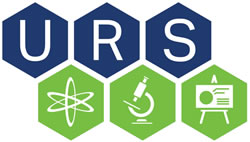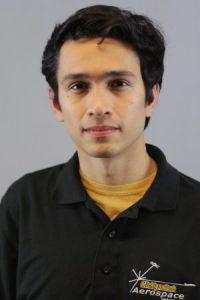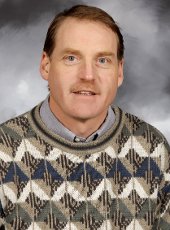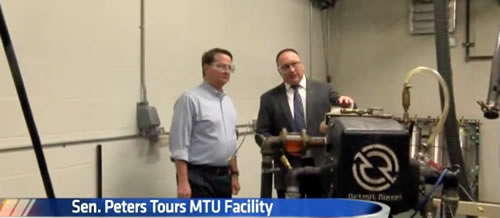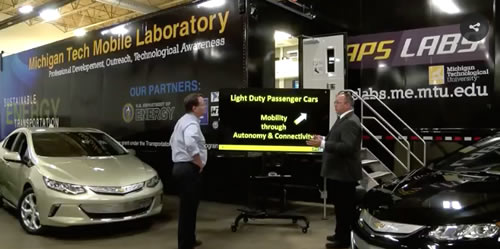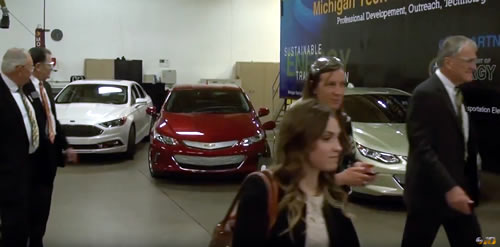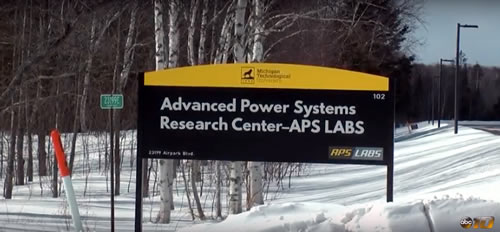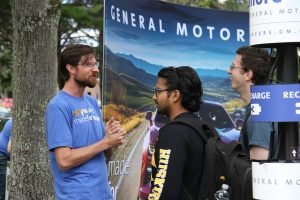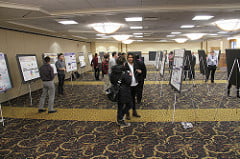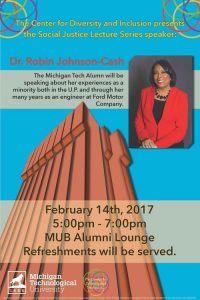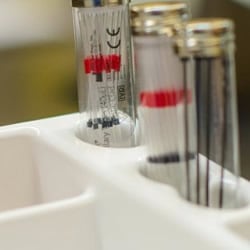The Michigan Tech Enterprise Program has been selected to receive the Donald N. Zweip Innovation in Education Award from the American Society of Mechanical Engineers (ASME).
The award recognizes mechanical engineering/engineering technology and closely related programs/departments for exceptional and innovative engagement in and fostering advances in mechanical engineering education, particularly those who have demonstrated exemplary contributions to the advancement of mechanical and multi-disciplinary project-based engineering education.
Donald N. Zwiep, a pioneer and champion of project based learning in mechanical engineering, showed the value of real-world projects and collaborative learning as an exceptional pedagogy. A long-serving mechanical engineering department head at Worcester Polytechnic Institute and a dedicated ASME member and past president, he was uniquely positioned to strengthen the bonds between the Society and the engineering departments through outcomes based accreditation, project based learning, and engagement of both students and faculty in their professional society.
Michigan Tech’s Enterprise Program will receive their award during the Awards Luncheon on Wednesday, April 19, 2017. The ceremonies are part of the ASME Mechanical Engineering Education Leadership Summit, April 18-19 in Washington, DC.
The award includes a $2,000 Honorarium and Certificate to the program and travel support to the conference.
The Enterprise Program will give a 10-15 minute presentation during the awards luncheon.

 Twenty-two Michigan Tech students returned from a three-day, all-expense-paid tour of Gerdau’s Long Steel North America facility in St. Paul, Minnesota yesterday. The trip was hosted by Career Services and made possible through a grant from the Association for Iron and Steel and Gerdau, a Michigan Tech corporate partner.
Twenty-two Michigan Tech students returned from a three-day, all-expense-paid tour of Gerdau’s Long Steel North America facility in St. Paul, Minnesota yesterday. The trip was hosted by Career Services and made possible through a grant from the Association for Iron and Steel and Gerdau, a Michigan Tech corporate partner.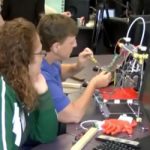 The Summer Undergraduate Research Fellowship (SURF) program will fund 20 students from across the University with funds from the office of the Vice President for Research. Previous SURF award recipients have included Goldwater Scholarship and NSF Graduate Research Fellowship recipients. Since 2002, SURF students have co-authored 71 peer-reviewed publications. This year’s recipients, project titles and advisors are listed on the SURF
The Summer Undergraduate Research Fellowship (SURF) program will fund 20 students from across the University with funds from the office of the Vice President for Research. Previous SURF award recipients have included Goldwater Scholarship and NSF Graduate Research Fellowship recipients. Since 2002, SURF students have co-authored 71 peer-reviewed publications. This year’s recipients, project titles and advisors are listed on the SURF 